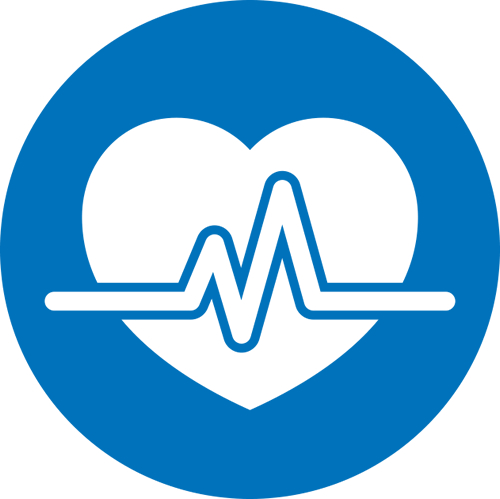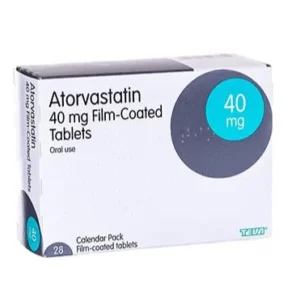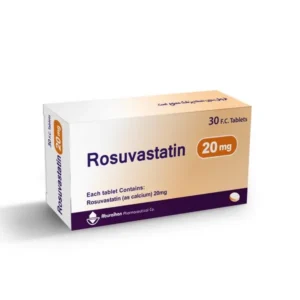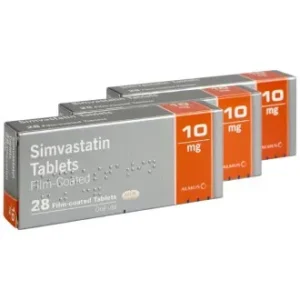No products in the basket.
Cholesterol
Statins are a class of medications widely prescribed to help manage high cholesterol levels and reduce the risk of cardiovascular diseases. Individuals at risk of heart attacks, strokes, and other heart-related conditions commonly recommend them. While statins are effective in lowering “bad” cholesterol (LDL) and improving overall heart health, it’s important to understand how they work, who needs them, and what potential side effects to watch for.

Cholesterol
Understanding statins will empower you to make informed decisions about managing your cholesterol and heart health.
What Are Statins and How Do They Work?
Statins are medications designed to lower cholesterol levels in the blood. The bloodstream contains cholesterol, a fatty substance essential for various bodily functions. However, when levels of low-density lipoprotein (LDL) cholesterol—commonly referred to as “bad” cholesterol—are too high, it can lead to plaque buildup in the arteries. This can increase the risk of heart disease, stroke, and other cardiovascular conditions.
Statins work by blocking the enzyme in the liver responsible for producing cholesterol. By reducing the production of LDL cholesterol, statins help lower the levels of harmful cholesterol in the bloodstream, thus reducing the risk of heart-related complications.
In addition to lowering LDL cholesterol, statins can also raise high-density lipoprotein (HDL) cholesterol, which is considered “good” cholesterol, and reduce triglyceride levels, further promoting heart health.
When Are Statins Prescribed?
People with high cholesterol or those at an increased risk of heart disease frequently receive prescriptions for statins. A healthcare provider may recommend statins for the following reasons:
High Cholesterol: When a person has high levels of LDL cholesterol, especially if lifestyle changes like diet and exercise have not been sufficient to bring cholesterol levels under control, doctors often prescribe statins.
Cardiovascular Risk: People with a history of heart disease, stroke, or those at high risk of developing these conditions frequently use statins. This includes people with risk factors such as high blood pressure, diabetes, or a family history of heart disease.
Prevention of Heart Disease: Those with multiple risk factors, especially those without heart disease, may receive a prescription for statins to help lower their risk of developing heart-related issues.
Post-Heart Attack or Stroke: For those who have experienced a heart attack or stroke, statins can help lower the likelihood of future cardiovascular events and improve recovery.
Benefits of Statins
Statins offer a range of benefits in managing cholesterol and improving heart health. Some of the key benefits include:
- Lowering LDL Cholesterol: Statins effectively lower the levels of harmful LDL cholesterol, reducing the buildup of plaque in the arteries and preventing blockages.
- Reducing the Risk of Heart Disease and Stroke: By controlling cholesterol levels and improving artery health, statins significantly reduce the risk of heart attacks, strokes, and other cardiovascular complications.
- Improving Blood Vessel Function: Statins can improve the health and function of blood vessels, making it easier for blood to flow freely and reducing the risk of blood clots.
- Reducing Inflammation: Statins have anti-inflammatory properties, which can help reduce inflammation in the arteries, a key factor in the development of heart disease.
- Preventing Future Cardiac Events: Studies have shown that statins can reduce the risk of future cardiovascular events in people with a history of heart disease or stroke.
Types of Statins
There are several different types of statins, each with varying strengths and characteristics. Some of the most commonly prescribed statins include:
- Atorvastatin (Lipitor): One of the most widely prescribed statins, atorvastatin is known for its effectiveness in lowering LDL cholesterol and reducing the risk of heart attacks and strokes.
- Simvastatin (Zocor): Simvastatin is another commonly-used statin that helps lower cholesterol levels and prevent cardiovascular events.
- Rosuvastatin (Crestor): Due to its strong effects, doctors frequently use rosuvastatin when more aggressive cholesterol management is required.
- Pravastatin (Pravachol): Individuals with moderate cholesterol problems or those requiring a gentler approach to cholesterol lowering often receive prescriptions for this statin.
- Lovastatin (Mevacor): Lovastatin is another statin that helps control cholesterol levels and prevent the progression of heart disease.
Potential Side Effects of Statins
While statins are generally well-tolerated, some individuals may experience side effects. These side effects are typically mild, but it’s important to be aware of them and discuss any concerns with your doctor. The following are some of the most common side effects:
- Muscle Pain or Weakness: Some people experience muscle aches, tenderness, or weakness, which may be a sign of a condition known as rhabdomyolysis. If you experience severe muscle pain, it’s essential to contact your healthcare provider.
- Digestive Issues: Statins can sometimes cause digestive problems like nausea, diarrhea, or constipation.
- Liver Enzyme Changes: Statins may cause changes in liver enzymes, which could indicate liver problems. Typically, we recommend regular monitoring of liver function.
- Increased Blood Sugar: In some cases, statins can slightly increase blood sugar levels, which could lead to an increased risk of diabetes.
- Cognitive Issues: There have been reports of memory loss or confusion associated with statins, though these side effects are rare and typically reverse after discontinuing the medication.
Important Considerations When Taking Statins
- Lifestyle Modifications: Statins are most effective when combined with healthy lifestyle changes, such as a balanced diet, regular physical activity, and weight management.
- Regular Monitoring: Regular check-ups with your healthcare provider are essential to monitor your cholesterol levels and ensure the medication is working effectively. Blood tests to check liver function and muscle health may also be necessary.
- Drug Interactions: Statins can interact with other medications, so it’s important to inform your doctor about any other medications you are taking, including over-the-counter drugs and supplements.
Conclusion: The Importance of Statins in Heart Health
Statins play a critical role in managing cholesterol levels and reducing the risk of heart disease and stroke. By lowering LDL cholesterol and improving overall cardiovascular health, they can help prevent serious complications and enhance your quality of life. However, it’s essential to take statins under the guidance of your healthcare provider, monitor for any side effects, and make necessary lifestyle changes to maximise their effectiveness.
If you’re worried about cholesterol or cardiovascular health, ask your doctor about statins. By working with your healthcare provider, you can take proactive steps toward better heart health and a reduced risk of cardiovascular events.



